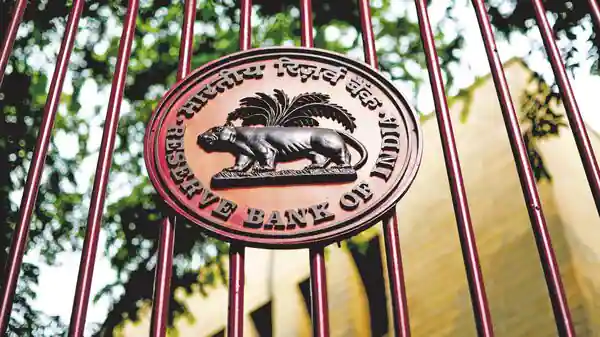[ad_1]
MUMBAI : Despite reprimanding banks for flouting norms while lending to government entities, the Reserve Bank of India (RBI) does not have data on the extent of such violations, a Right To Information (RTI) query has revealed.
Last month, RBI cautioned banks about violations of its guidelines while lending to some infrastructure and housing projects of government-owned entities.
Banks and financial institutions, the regulator said, were also found to have violated instructions that “term loans should be sanctioned only for corporate bodies” for projects undertaken by government-owned entities. In an earlier circular in July 2015, RBI defined corporate entities as public sector undertakings registered under the Companies Act or a corporation established under the relevant statute.
In response to an RTI application filed by Mint, RBI said it does not have information on the quantum of such violations. Asked about the quantum of loans where the regulator has encountered such instances outlined in the 14 June notification, RBI said: “information sought is not available”.
Industry experts said the issue stems from off-balance-sheet borrowings by state governments. These are loans raised by state government entities and special purpose vehicles, supported by guarantees of the respective state. Banks were found to lend large sums to some state government entities, although these borrowers did not have any cash flows from where the loans would be repaid.
Rating agency Icra said in May that anecdotal evidence suggests off-balance-sheet loans have increased in some states in recent years. “Say, a state government entity into food distribution raises loans from banks despite not having cash flows. The entity is into the business of buying foodgrains and selling them at a subsidized cost, thereby incurring a loss,” said an analyst tracking state government debt.
He said the central government and the RBI were concerned that the quantum of such off-balance sheet borrowings was increasing, allowing states to mask their fiscal deficit.
“It was leading to systemic risk as the aggregate sum of such borrowings began increasing. Even some subsidies were being funded through such loans rather than through on-budget sources,” the analyst said.
A senior private sector banker said that the Reserve Bank seems to have found cases where some banks have to lend to infrastructure projects of state governments without proper assessment of future revenues. “Lending to projects is allowed, but bank loans cannot be a substitute for equity being used in the project,” said the banker cited above.
In July 2015, the central bank had said that such term loans are not meant to substitute budgetary resources planned for the project. Even then, the Reserve Bank had said it had found cases where banks have extended financial assistance to state public sector undertakings, not in accordance with the above norms.
Citing a banking industry source, news agency Informist reported on 15 June that RBI issued the circular after an extensive supervisory study showed lapses in monitoring, provisioning and risk assessment in these cases.
In a report on 4 May, Crisil Ratings said that off-balance-sheet borrowings of states are estimated to have reached a decadal high of 4.5% of gross state domestic product (GSDP), or ₹7.9 trillion in 2021-22. That marks an increase of 100 basis points (bps) from fiscal 2020, according to a study of 11 states that account for 75% of the aggregate GSDP.
The states analyzed in this Crisil study included Maharashtra, Gujarat, Karnataka, Tamil Nadu, Uttar Pradesh, Telangana, Rajasthan, West Bengal, Madhya Pradesh, Andhra Pradesh and Kerala.
That said, states have their own financial constraints. The covid-19 pandemic curtailed their revenues at a time when expenditure significantly increased.
Download The Mint News App to get Daily Market Updates.
More
Less
[ad_2]
Source link








